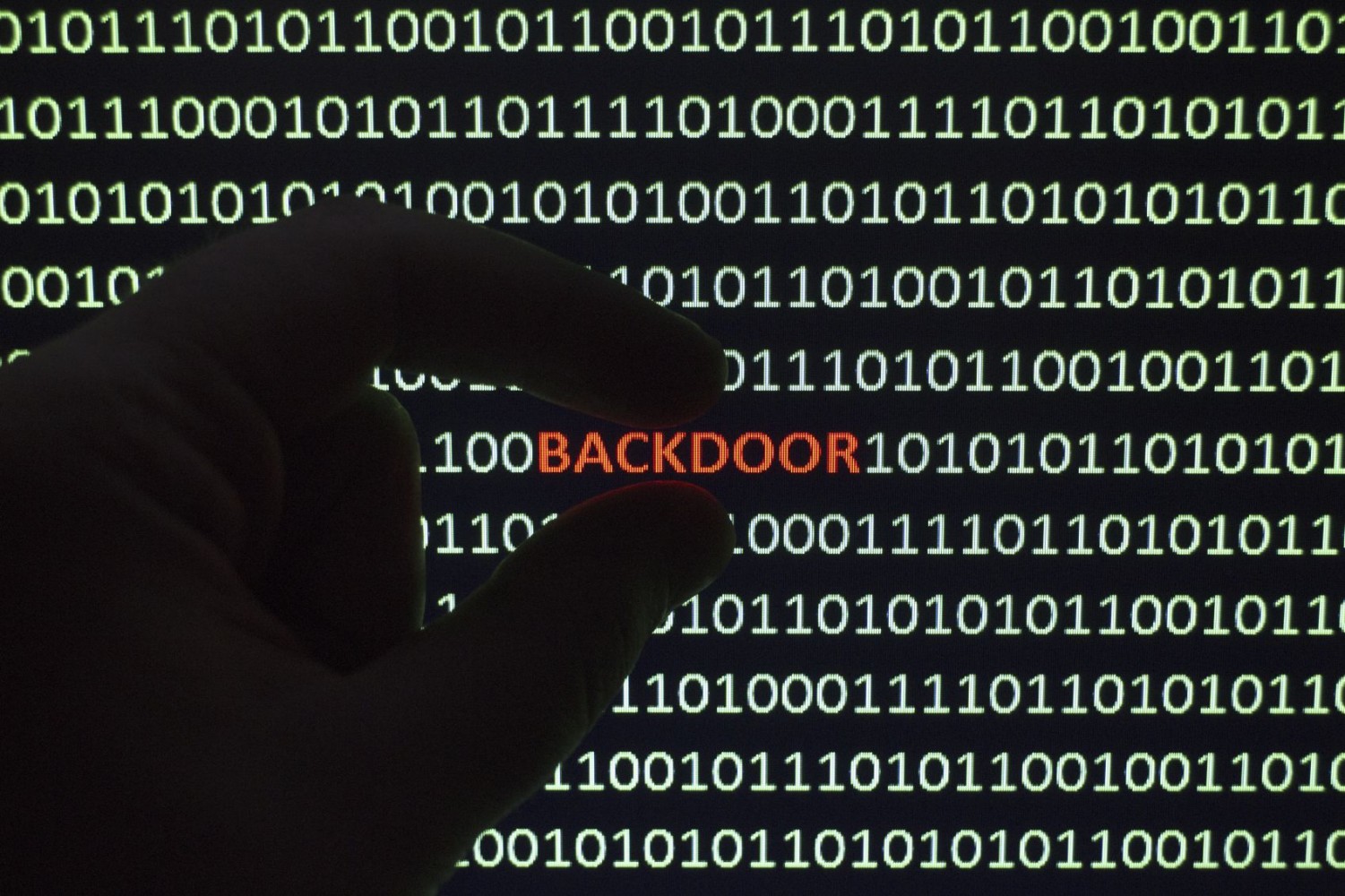The FBI v. Apple: The Future of Encryption Technology
The future of encryption could seemingly be hanging in the balance in the FBI v. Apple saga. In short, the FBI wants Apple to unlock the iPhone of one of the deceased San Bernardino terrorist suspects, because they believe there may be useful information about the man’s history inside of the iPhone. Apple has refused to comply thus far, citing that giving the FBI access to the iPhone’s encryption key could essentially give them a master key to unlock other devices.
The implications of allowing government access to encryption goes far beyond just Apple. Any software company or developer that uses encryption to protect their right to privacy would potentially be affected. For example, Follow My Vote relies on encryption to ensure voter privacy. Many of the great applications and software being built today would become extraneous without the reliance of encryption.
“The government is asking Apple to hack our own users and undermine decades of security advancements that protect our customers — including tens of millions of American citizens — from sophisticated hackers and cybercriminals”
– Tim Cook, Apple CEO
“What is the FBI seeking here? First, the FBI is demanding that Apple make a new software product. Second, that software product would have to be designed in accordance with specifications provided to Apple by the FBI. Third, once Apple created that software product, it would have to test the product to ensure it met Apple’s own quality standards. Fourth and finally, Apple would have to test and validate this software product so that criminal defendants would be able to exercise their constitutional rights to challenge the government’s legal claims as provided by the Federal Rules of Evidence (FRE).”
– John Eden, TechCrunch
So far, a magistrate judge has ordered Apple to build a new iOS so the terrorist suspect’s information can be removed by the FBI. The FBI is citing the All Writs Act of 1789 to make Apple comply. Apple has filed a Motion to Vacate (MTV) the judge’s ruling, citing long-term security concerns of allowing the FBI a master key.
With prominent talk show hosts attempting to tackle this complex issue, the case is beginning to pick up national coverage. WIRED has taken a deep dive into new documents that have surfaced in the past few days. There does not appear to be an easy solution to this problem and many believe that this case could eventually make its way to the Supreme Court. Follow My Vote will be monitoring the progress of this saga closely. Due to the high profile nature of this case, the future of encryption technology is truly hanging in the balance.
About the author: Tyler Molihan is a Marketing Intern at Follow My Vote. He hopes to increase awareness about the benefits of online voting systems.



Bill Long
2016-03-15Informative article.